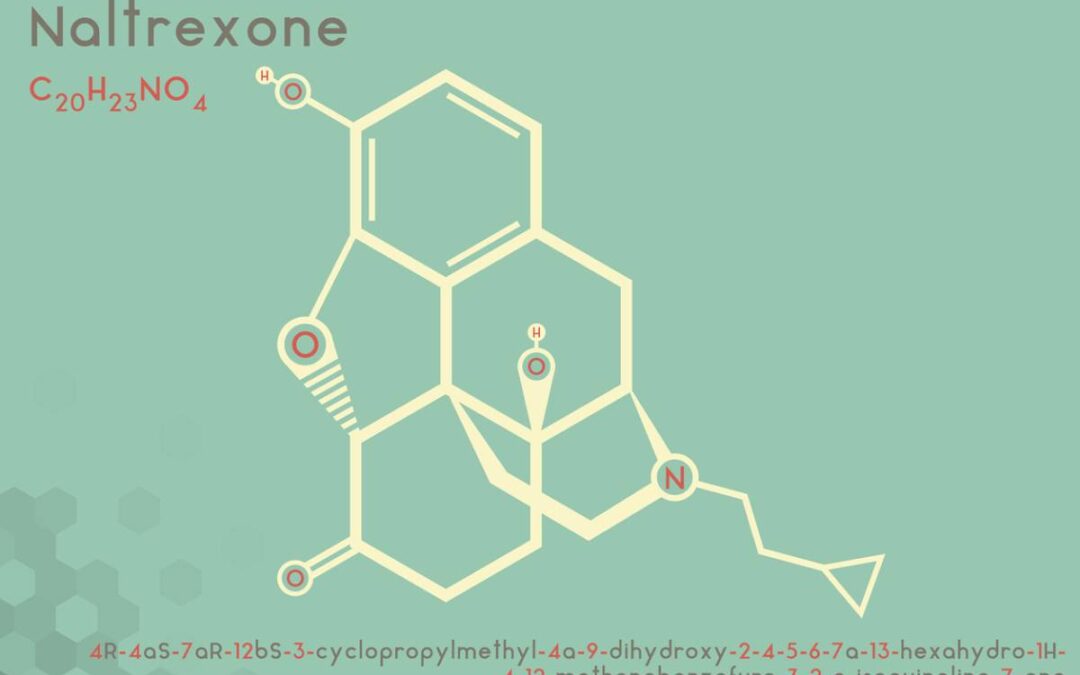
by Nicholas Wyatt, PharmD | Oct 27, 2023 | Medication Guides
Addiction is a serious issue, and it is no secret that there is an opioid epidemic occurring in the United States right now. Steps to addiction recovery must be taken just as seriously, which is why several treatments have been introduced to help ease people off of...

by Nicholas Wyatt, PharmD | Sep 21, 2023 | Medication Guides
Menopause is a natural process of aging that typically affects women who are somewhere between the ages of 45 and 55. Below, we look at menopause and your health. This titanic shift in the hormonal balance of a woman can result in a number of changes, depending on the...

by Nicholas Wyatt, PharmD | Aug 18, 2023 | Medication Guides
As your pet ages, it may require certain medications to ensure their health. This may be short or long-term medication. No matter what type your pet needs, consider the following 10 questions to ask about your pet’s medication. 10 questions to ask about your...
by Nicholas Wyatt, PharmD | Sep 21, 2022 | Medication Guides
Menopause is a time in a woman’s life when their ovaries stop producing hormones and their menstrual periods stop. This is often associated with an inability to get pregnant naturally. Menopause occurs when a woman has not menstruated for 12 months. Most women...

by Nicholas Wyatt, PharmD | Mar 8, 2022 | Medication Guides
Despite the major importance of your feet in your day to day living, very little is said when it comes to foot health. The best way to keep your feet healthy is focusing on preventive foot care. This involves getting regular checkups with a podiatrist, in addition to...

by Nicholas Wyatt, PharmD | Feb 8, 2022 | Medication Guides
Your skin makes up nearly 15% of your total body weight, and the average adult has roughly 21 square feet of skin. Taking good care of your skin is important as it is a major part of your body. While most skincare tips are based on vanity, skincare is important when...






